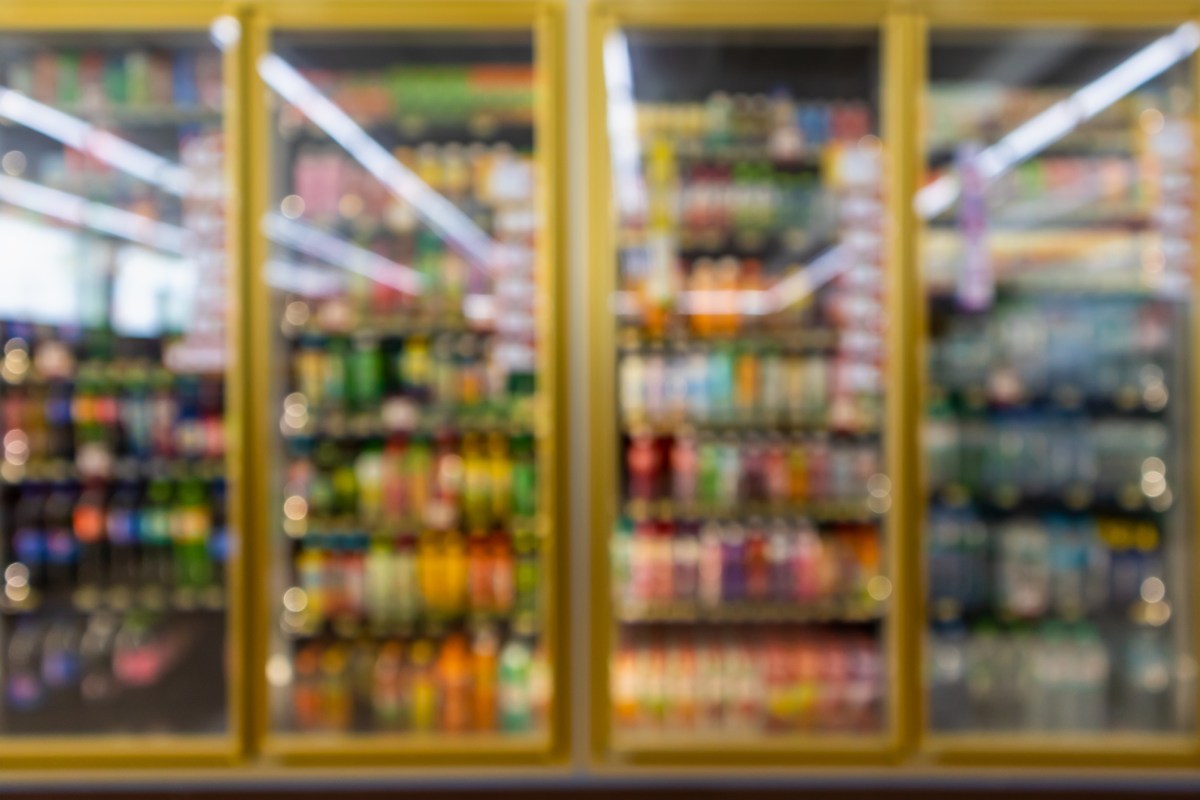Alcohol Beverages Australia (ABA) CEO Andrew Wilsmore has criticised a research paper released by the Menzies School of Health Research that draws a link between zero-alcohol products and underage drinking.
The new paper, published in the Drug and Alcohol Review by the Menzies School of Health Research, raises questions about the growth of the zero-alcohol category, the availability of these products on supermarket shelves, and whether they are giving Australia’s young people a taste for alcohol.
The report claims that zero-alcohol beverages are often packaged identically to alcoholic beverages and can be indistinguishable in taste.
“The sale of zero-alcohol beverages in supermarkets means young people will be more frequently exposed to alcohol companies’ branding and logos,” said Menzies and George Institute researcher and lead author Mia Miller.
“Alcohol advertising exposure has been shown to increase early initiation of alcohol use, and increased alcohol use. It can also foster brand allegiance, a factor that has been shown to lead to increased chances of young people consuming alcohol.”
In a statement responding to the report, ABA CEO Andrew Wilsmore said: “This ‘research’ reads more like personal opinion and assertions, and simply does not reflect the lived reality for the majority of Australians.”
Wilsmore pointed to the fact that per capita alcohol consumption in Australia is at a 50-year low, and that young people are delaying the age at which they have their first drink (from 14 years in 2001 to 16 years in 2019), as evidence that “drinking in moderation [is] the new cultural norm.”
“Parental influences are a significant component of that cultural change, and with zero-alcohol product sales doubling in the last year and covid restrictions seeing more Australians choose healthier lifestyle options, it is likely these positive trends will only continue among our younger generations,” Willsmore added.
“Zero-alcohol sales of beer, wine and spirits in supermarkets are nothing new and have been part of the shopping experience for generations of Australians due to liquor licensing laws banning the sale of alcohol in supermarkets in a number of States and Territories.
“Clearly there is no link between ‘exposure’ and adverse outcomes in young people’s drinking alcohol, as there are no significant differences in harmful youth drinking from those States and Territories that do allow the sale of beer, wine and spirits within supermarkets against those that prohibit their sale.”

